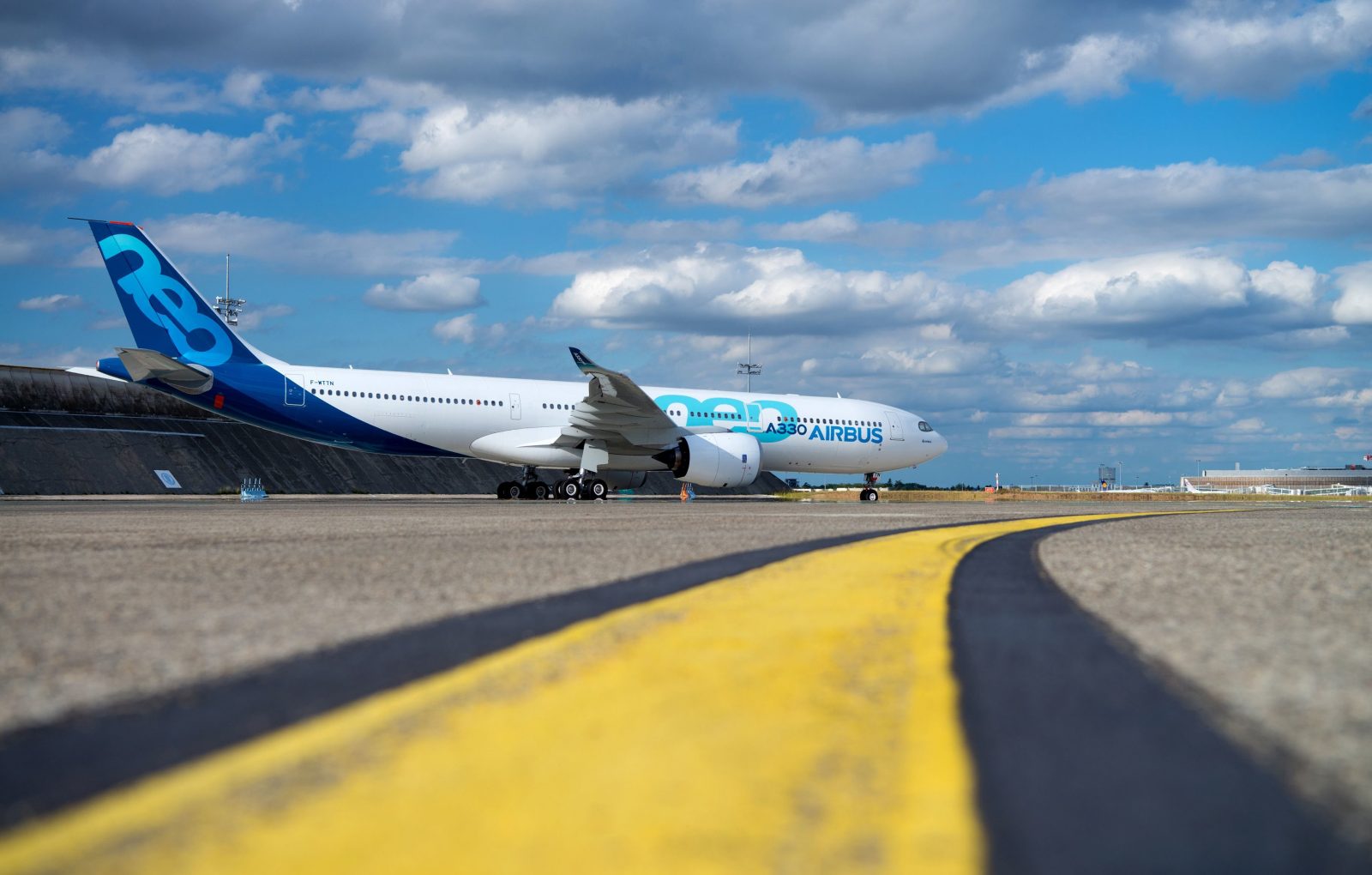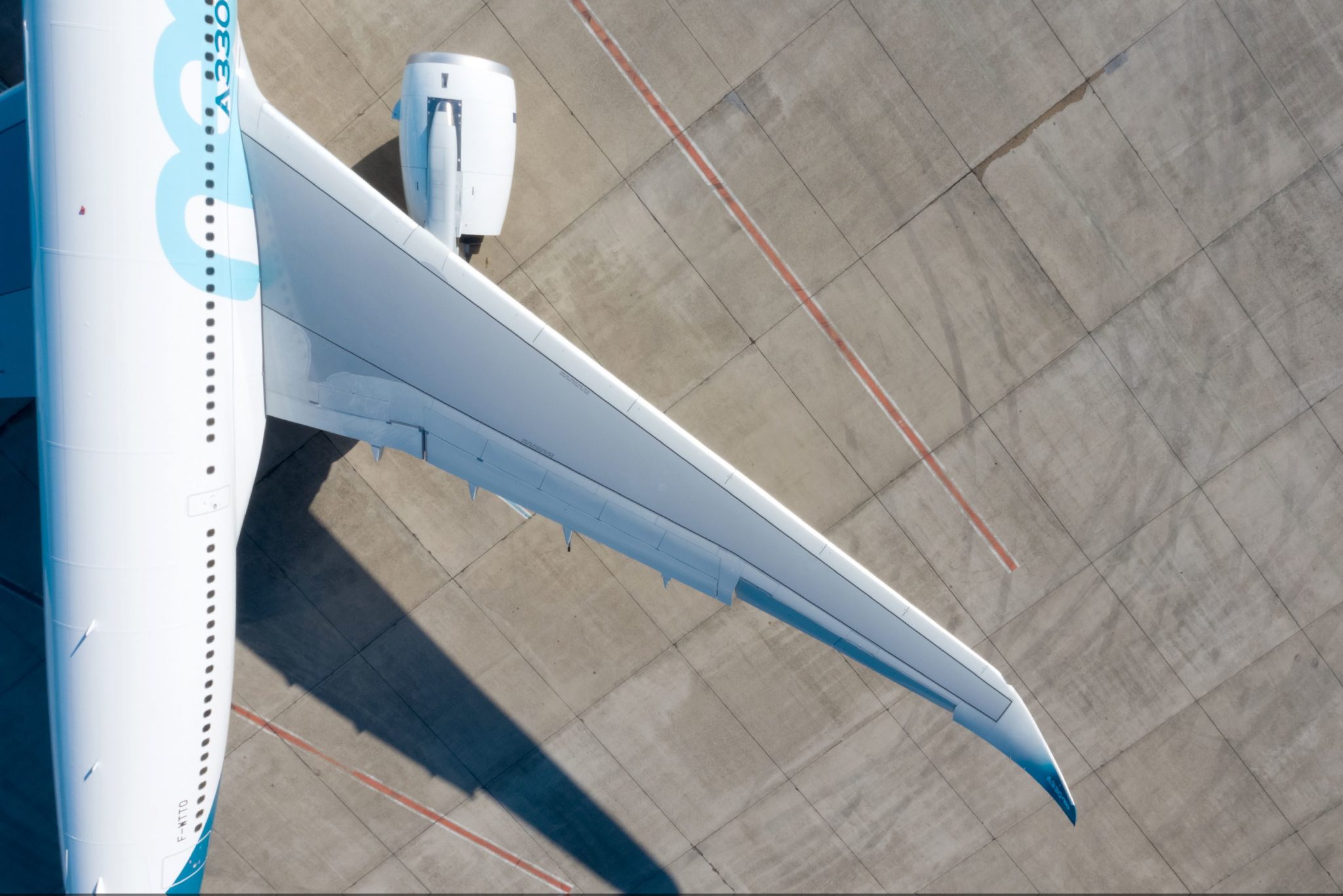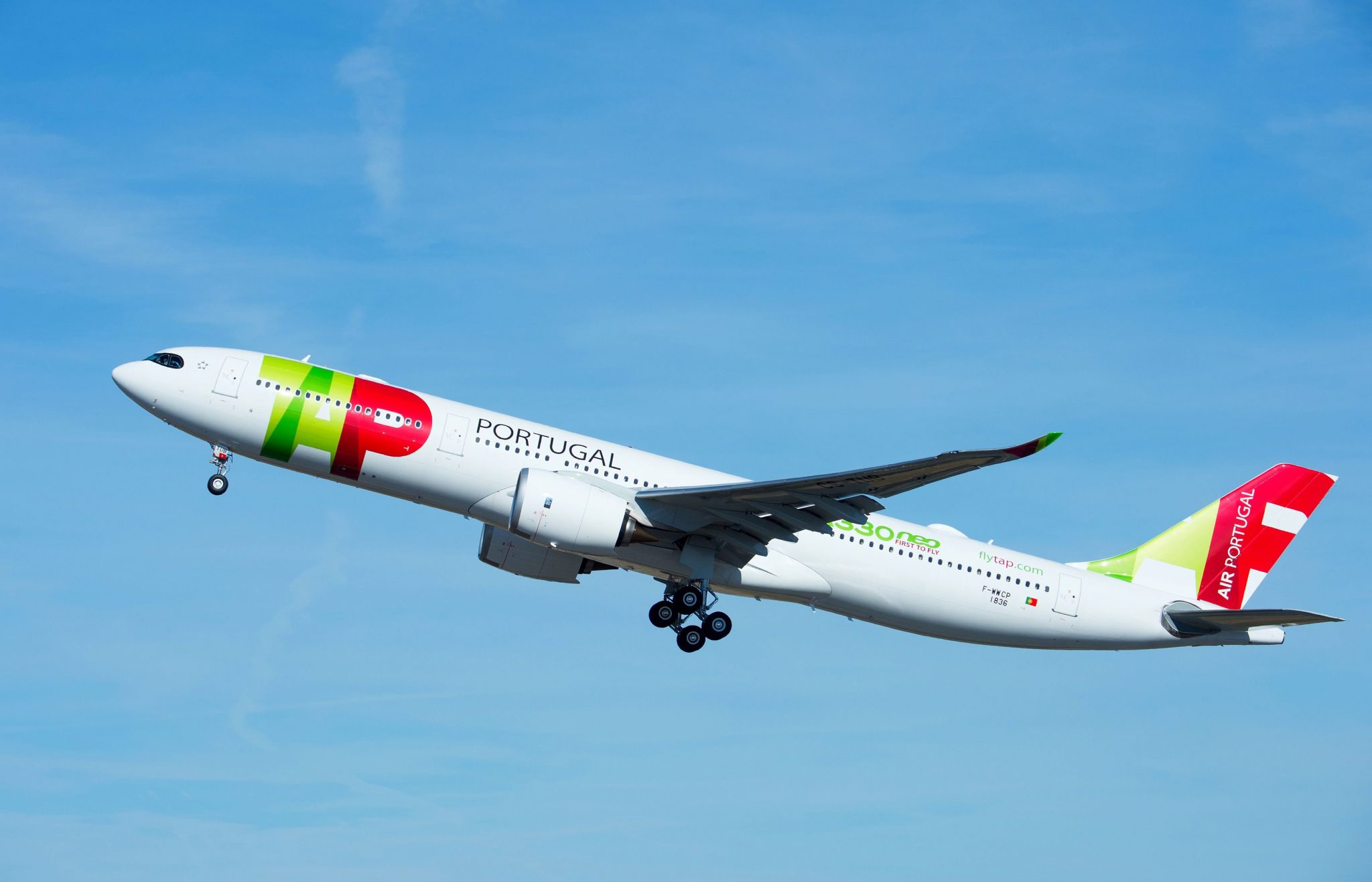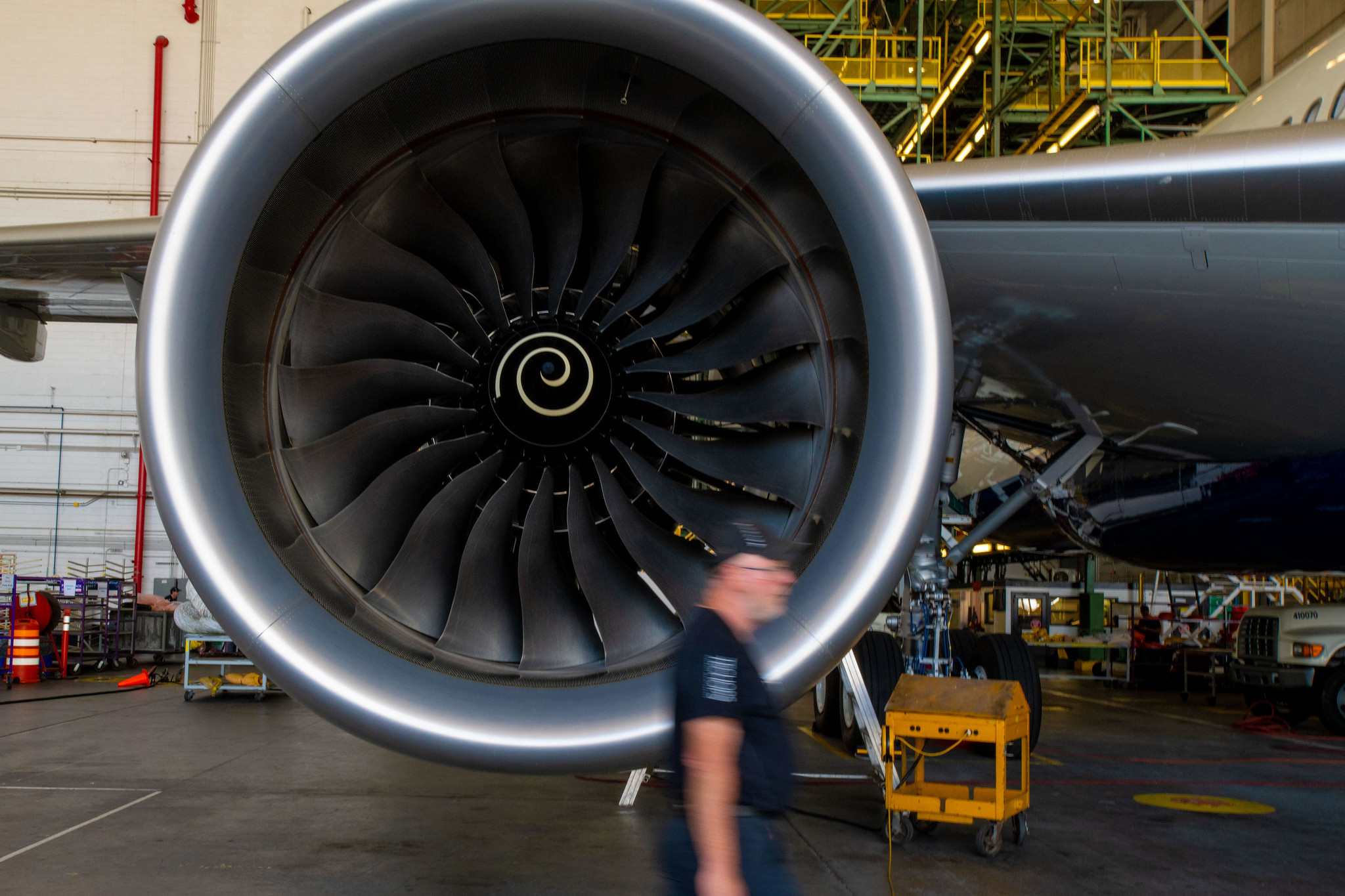
European aerospace giant Airbus says it still hasn’t worked out the root cause of what is causing cabin “odour events” in some brand new A330neo operated by airlines such as TAP Air Portugal, Aircalin and Air Senegal and that has coincided with sickened cabin crew and pilots. However, the Toulouse-based aircraft manufacturer insists “cabin air quality is and remains within a normal range and within international guidelines”.
A few days ago, it emerged that the New Caledonia-based airline Aircalin had grounded one of its two A330neo aircraft after reports of several fume events on the jet. Aircalin only took delivery of the plane in July and it remains grounded as engineers try to work out what has been causing the odours – described in one media report as smelling like engine oil.

The odour events, which some campaigners prefer to call fume events or even toxic fume events, have mainly occurred during takeoff or landing and have been accompanied by cabin crew and pilots reporting symptoms such as headaches, coughing and sore, scratchy eyes.
Similar symptoms were reported by flight crew at TAP Air Portugal which was the launch customer of the A330neo in November 2018. During the last 12-months of having operated the aircraft, cabin crew and pilots have reported several serious incidents involving fume events on the plane.
In one case, pilots reportedly had to put on oxygen masks, while in other cases flight attendants have reported feeling dizzy, faint and physically sick.
In July, TAP Airport Portugal admitted that it was working with Airbus to work out what was going on but denied there was “any correlation between the odours and incidents of crew illness.” At the time, the Portuguese flag carrier said that odours had only been detected on “some” of hundreds of A330neo flights and that following “detailed analysis and measurements carried out by external laboratories”, the air onboard posed no health risk.

A spokesperson for the airline claimed that the cause had been established and a solution implemented by Airbus. Yet ongoing odour events and contradictory statements from Airbus would suggest otherwise.
In a new update, Airbus told us that they are still actively “working to resolve the cabin odour issue that has occurred on a limited number of in-service A330neo aircraft.” A spokesperson said they would share further details once they had “reached a conclusion on the root cause” and what “final action” would be required to resolve the issues.
“Measurements taken on aircraft involved show that the cabin air quality is and remains within a normal range and within international guidelines,” the spokesperson explained, pointing out that an odour does not necessarily mean that a high concentration of contaminants are present or pose any risk to crew or passengers.
Airbus has clocked up a total of 272 orders from around 17 different operators worldwide for the latest iteration of its popular A330 widebody aircraft family. At list value the A330neo costs between $259 million and $296 million and features new-generation Rolls-Royce’s Trent 7000 turbofan engines that help make the aircraft 25 per cent more efficient than older generations A330’s.

Along with efficiency and passenger experience improvements, the A330neo has proved to be a popular choice for airlines given the fact that pilots can also fly the A350 and classic A330 with one single licence. In a densified configuration, the A330neo can hold as many as 550 passengers, whereas premium operators may choose to have just 140 seats.
So far the cabin odour events are only known to have only affected three operators. Delta Air Lines, which has ordered a total of 35 A330-900neo’s told us they had not had any reported odour events on the four aircraft they’ve so far received from Airbus. Low-cost operator, AirAsia X which has ordered a total of 76 A330neo’s but is currently only operating two, also said they were not aware of any odour events on their jets.
However, several airlines, including wetlease operator HiFly, declined to comment.
Mateusz Maszczynski honed his skills as an international flight attendant at the most prominent airline in the Middle East and has been flying ever since... most recently for a well known European airline. Matt is passionate about the aviation industry and has become an expert in passenger experience and human-centric stories. Always keeping an ear close to the ground, Matt's industry insights, analysis and news coverage is frequently relied upon by some of the biggest names in journalism.







